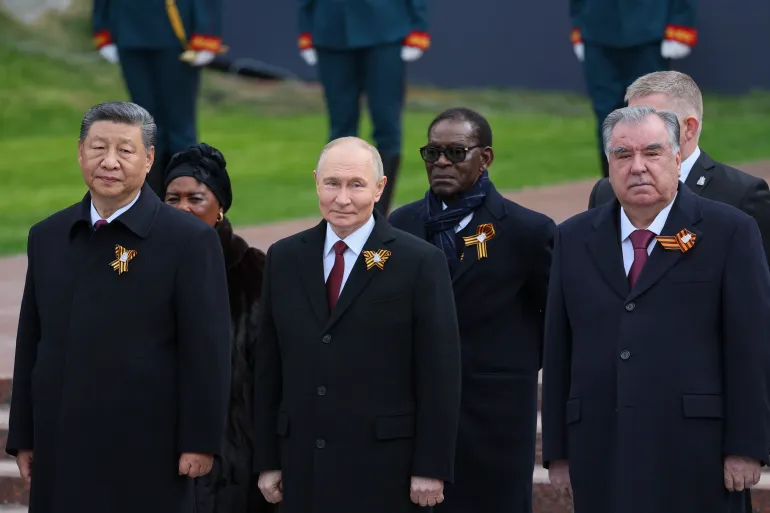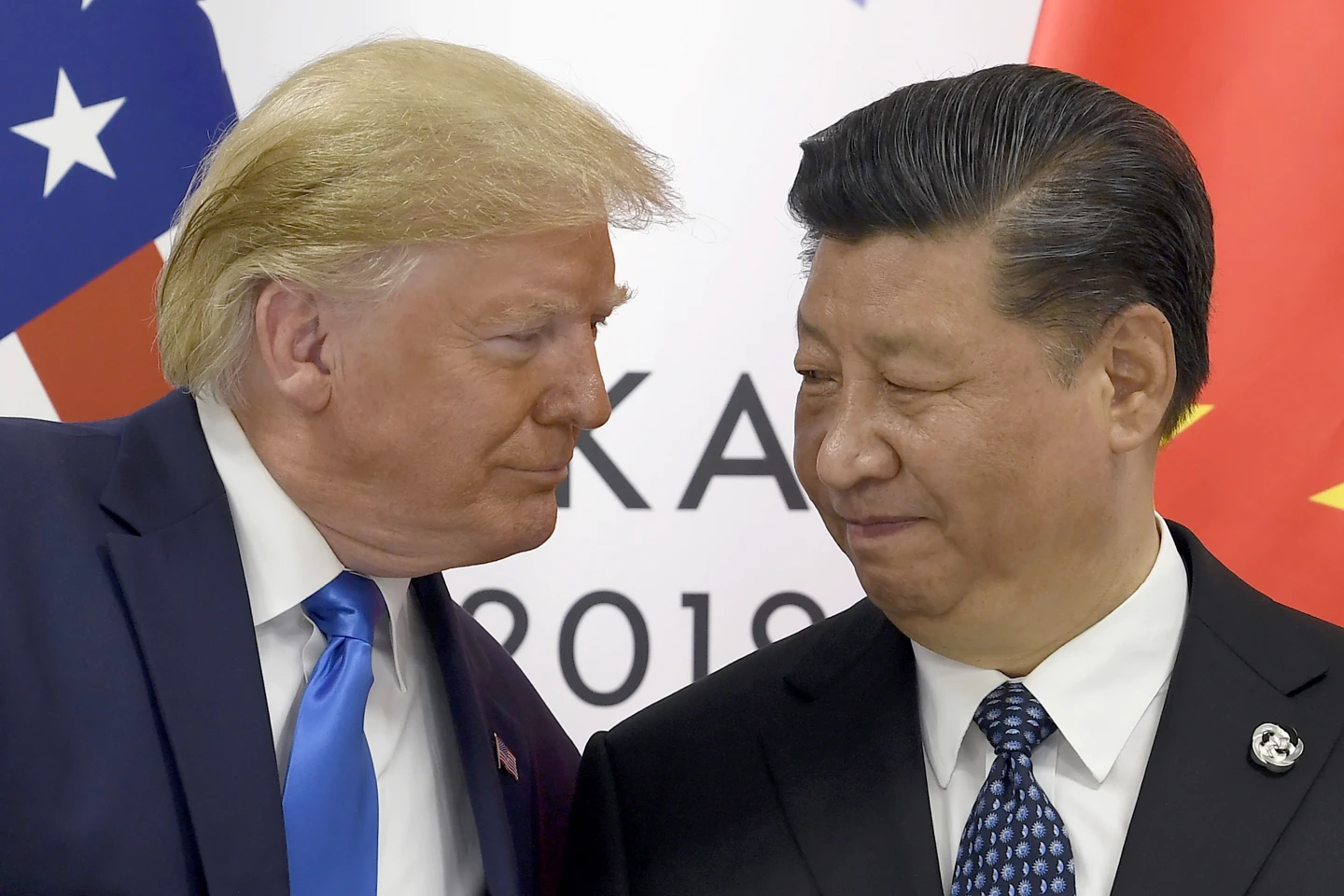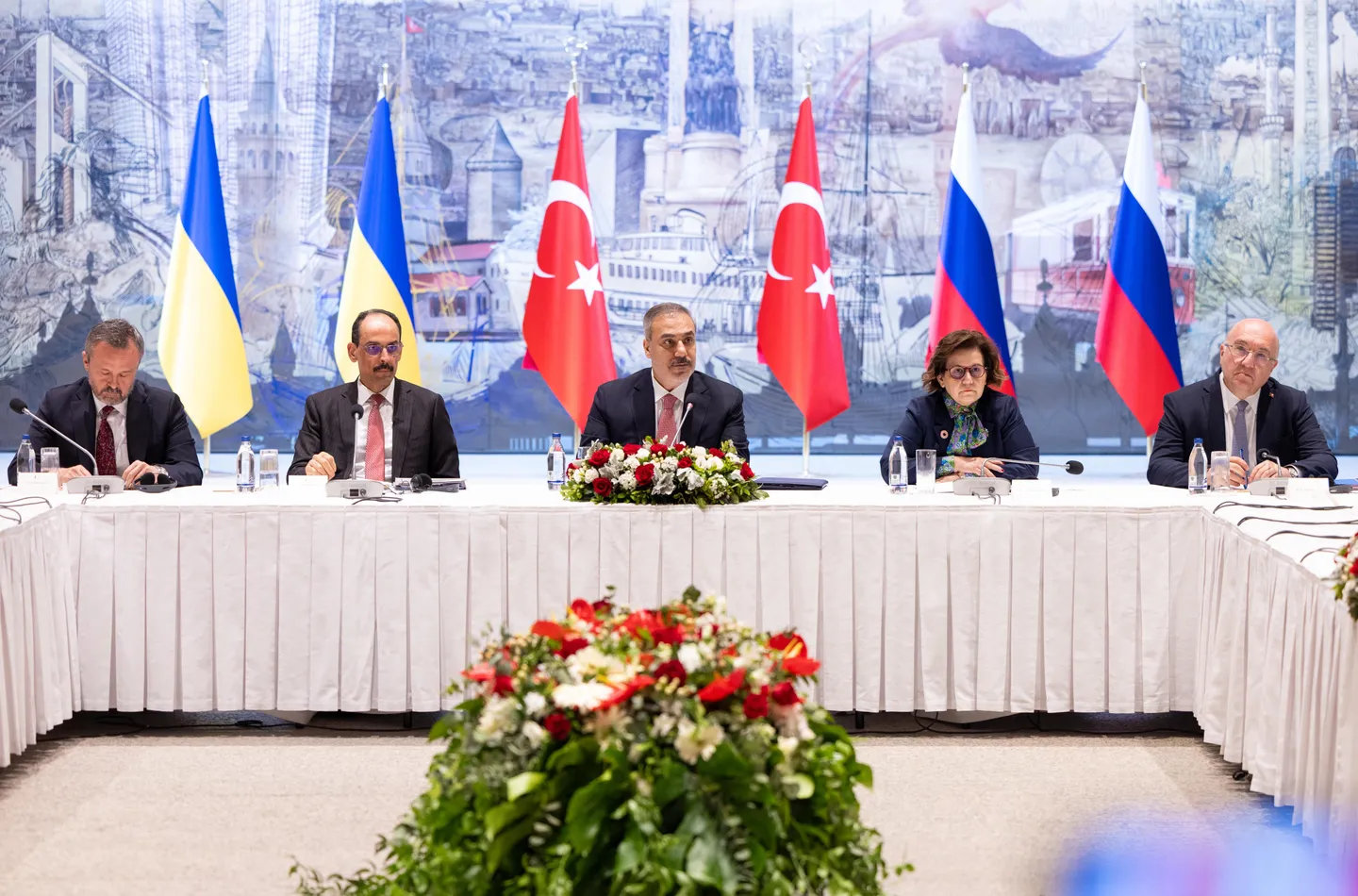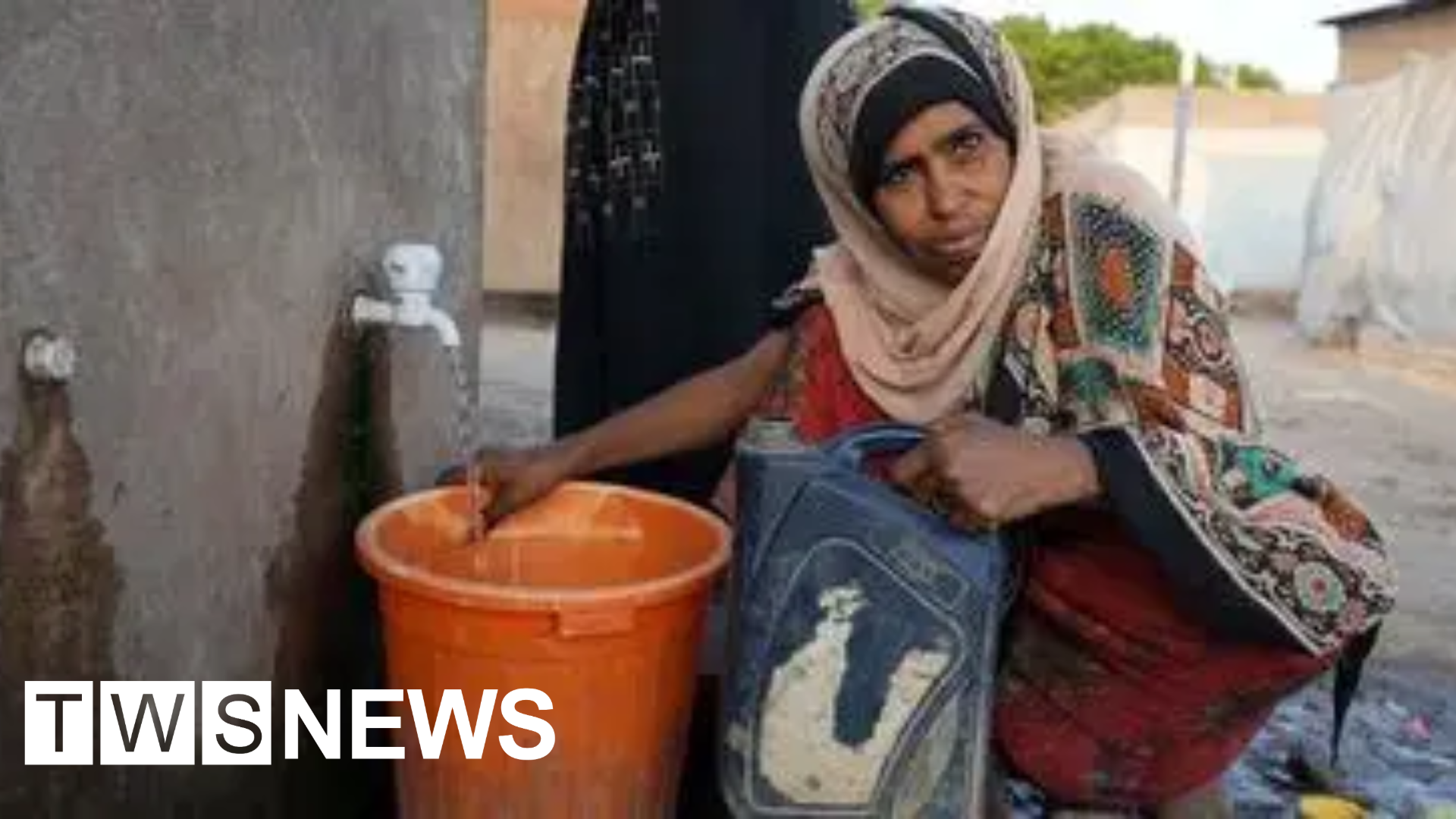On May 9, 2025, Russia commemorated the 80th anniversary of Victory Day with a grand military parade in Moscow’s Red Square. The event, attended by over 20 foreign dignitaries including Chinese President Xi Jinping and Brazilian President Luiz Inácio Lula da Silva, was intended to showcase Russia’s resilience and global alliances despite ongoing international tensions. President Vladimir Putin used the occasion to draw parallels between the Soviet Union’s World War II efforts and Russia’s current military actions in Ukraine, asserting that the nation remains an “indestructible barrier against Nazism, Russophobia, and anti-Semitism.”
In the lead-up to the celebrations, Putin announced a unilateral 72-hour ceasefire from May 8 to May 10, purportedly to honor the historical significance of Victory Day. However, this ceasefire quickly became a point of contention. Ukraine rejected the truce, labeling it a “farce” and accusing Russia of using it as a facade to regroup and stage the parade without interruption. Ukrainian officials reported multiple violations of the ceasefire, including artillery and drone attacks that resulted in civilian casualties.
Conversely, Russia accused Ukrainian forces of attempting to breach its borders in the Kursk and Belgorod regions during the declared ceasefire. The Russian Defense Ministry reported several attacks in eastern Ukraine and claimed that Ukrainian drones targeted government buildings in Belgorod. These mutual accusations underscore the fragile nature of ceasefires in the ongoing conflict.
Amid these tensions, former U.S. President Donald Trump proposed a 30-day unconditional ceasefire, emphasizing the need for a more substantial and enforceable truce. Ukrainian President Volodymyr Zelenskyy expressed willingness to consider such a ceasefire, provided Russia demonstrates a genuine commitment to peace. Despite these overtures, the situation on the ground remains volatile, with both sides continuing to engage in hostilities.
The Victory Day parade, while symbolizing Russia’s historical triumphs, also highlighted the deepening rift between Moscow and Kyiv. Ukraine criticized the event as a “parade of cynicism,” arguing that it had little to do with the defeat of Nazism and more to do with justifying current military actions. The juxtaposition of celebratory displays in Moscow and ongoing violence in Ukraine underscores the complex and multifaceted nature of the conflict, which continues to draw international concern and calls for a lasting resolution.
Source; Al Jazeera



